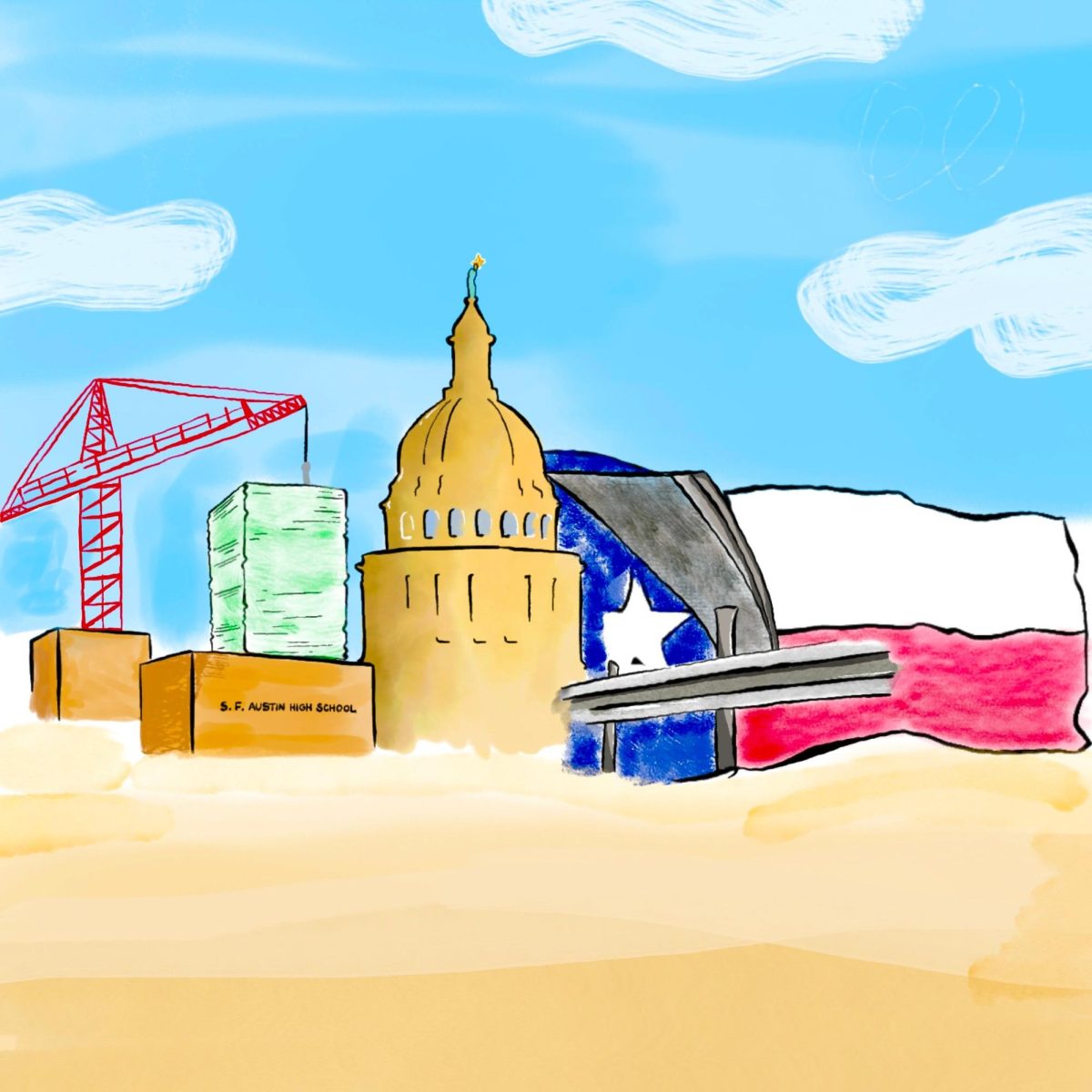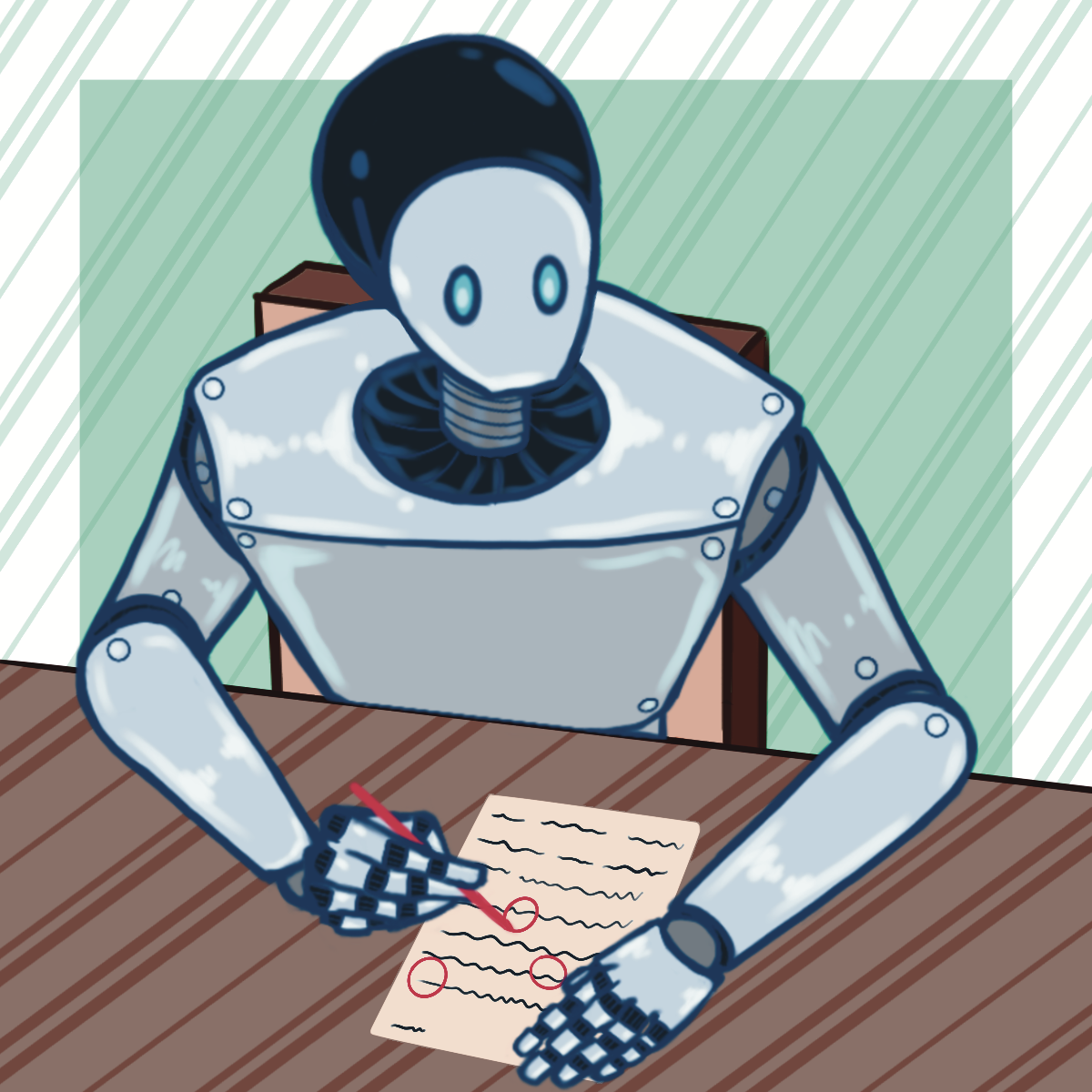While the queer community’s acronym includes the letters ‘L,’ ‘B,’ ‘G,’ ‘T’ and ‘Q,’ sometimes the ‘B’ gets left out.
In an effort to promote awareness about bisexuality and clear up common misconceptions regarding issues relating to bisexuality, the Gender and Sexuality Center hosted social work lecturer Shane Whalley to present a lecture called “Learn More About the ‘B’ in LGBT” during Pride Week.
“Bisexuality is defined as someone who is emotionally, sexually and romantically attracted to more than one sex,” said Whalley, who is also the education coordinator of the Gender and Sexuality Center. “This can be more than just men and women but also [transgender people].”
Throughout the lecture, Whalley explained how many are unsure of how to handle the subject of bisexuality. Others are quick to label bisexuals as gay or lesbian, especially in relationships, Whalley said. Additionally, it was discussed how there are a number of issues not understood in the public eye regarding sexuality.
“Many think that bisexuals are attracted to every gender and that is untrue,” Whalley said. “Others think that bisexuals are attracted 50/50 to each sex.”
Whalley said sexuality cannot be assumed based on the sex of a significant other, because that implies attraction to one sex instead of two entirely different ones.
“In my own world … sexuality is not seen as a label, but an interest,” Whalley said.
Whalley said there should be a box saying people are interested in a sex, rather than labeling people under a particular type of sexual preference.
“Bisexuality should be a part of the community, but it always isn’t,” Whalley said. “Society does not like to put things in a tiny box and have choices.”
Later in the lecture, audience members were selected to relay stories of a bisexual and gay member of the community and ask the audience for advice on handling certain problems. Such problems included placement in society, coming out to parents and identity.
“I think that everyone is entitled to their own definition of their own sexuality,” said biology freshman Kari Yanez, who was in attendance at the event. “A lot of people don’t think bisexuals are ‘serious’ … which contributes greatly to the discrimination. Events like this help people learn and lessen the prejudice against the label.”
Yanez said people need to understand the choices of others, and that should not hinder how others are perceived.

















